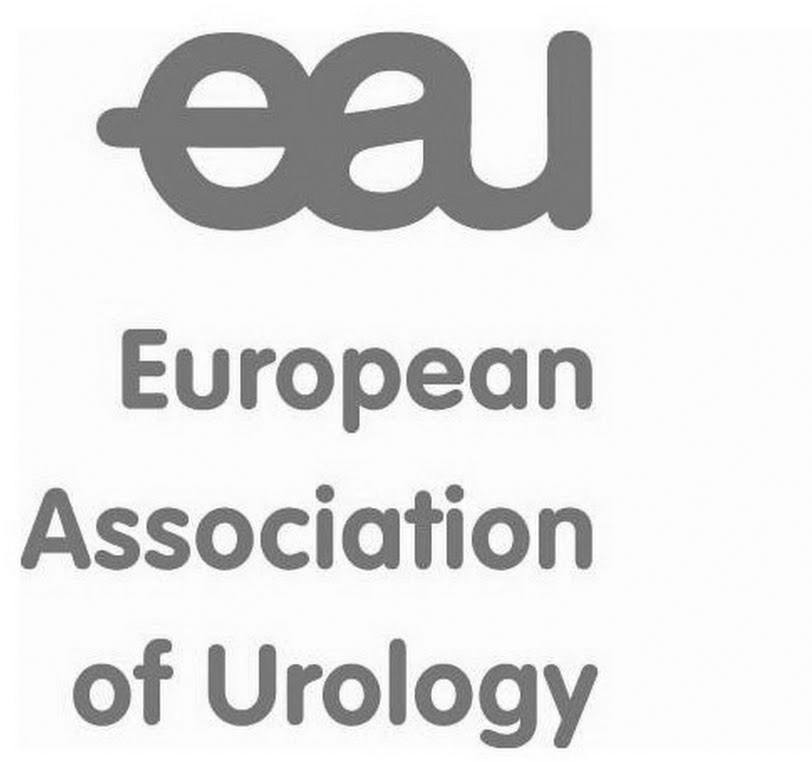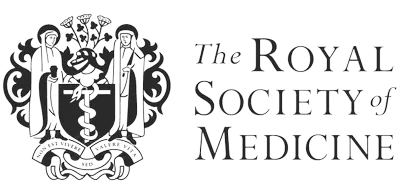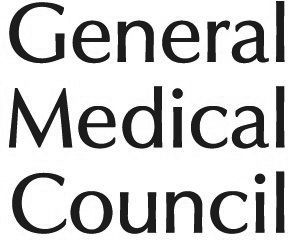Mr Matthew Bultitude, Consultant Urologist
Mr Matthew Bultitude
Consultant Urologist
Mr Matthew Bultitude MSc FRCS (Urol)
Consultant Urologist
Mr Matthew Bultitude
Consultant Urologist MSc FRCS (Urol)
Areas of expertise
- Benign prostate hyperplasia
- Blood in urine (haematuria)
- Overactive bladder
- Testicular pain
- Kidney stone prevention

Recommendations for Mr Bultitude
These recommendations are for information purposes only. Doctors providing recommendations do so in good faith and are not responsible for clinical outcomes.






Recommended by:
Make an appointment
Address
-
HCA UK at The Shard
The Shard, 32 St Thomas Street, London, SE1 9BS
-
London Bridge Hospital
27 Tooley Street, London, SE1 2PR
-
Video Consultation
Virtual, London, NW1 6JQ
-
HCA UK Canary Wharf
St Thomas Street, London, SE1 9BS
About Mr Matthew Bultitude
Mr Matthew Bultitude is a highly experienced consultant urologist based at Guy's and St. Thomas' NHS Foundation Trust in London. He graduated from the United Medical and Dental Schools (UMDS) of Guy's and St. Thomas' in 1997 and subsequently undertook higher surgical training across various hospitals in South East England. To further enhance his clinical expertise, he completed a fellowship year at The Alfred Hospital in Melbourne, followed by a year of sub-specialist training in the stone unit at Guy's and St. Thomas'.
Mr Bultitude's extensive clinical expertise allows him to consult on a wide range of general urological procedures. He has held significant leadership roles, including serving as the clinical lead for Urology in his department and currently as the clinical director for transplant surgery, nephrology, and urology at Guy's and St. Thomas'. Additionally, he has been the Secretary of the Royal Society of Medicine and spent nine years as an Associate Editor for BJU International.
He consults on all areas of general urology with a specialist interest in stone disease. Mr Bultitude offers a comprehensive range of treatments for kidney and ureteric stones, including shockwave lithotripsy (ESWL), rigid and flexible ureteroscopy, and percutaneous nephrolithotomy (PCNL). He also specialises in metabolic stone disease and, alongside his colleague at Guy's, runs the largest practice of cystinuria patients in the world.
Mr Bultitude's dedication to his field and his extensive experience make him a leading specialist in urology, particularly in the management and treatment of stone disease. Appointed as a full-time consultant, he continues to contribute significantly to the medical community through both his clinical practice and his leadership roles.
Areas of expertise
- General urology
- Stone disease
- Benign prostate hyperplasia
- Blood in urine (haematuria)
- Overactive bladder
- Testicular pain
- Kidney stone prevention
Professional memberships






Articles by Mr Matthew Bultitude
Pd17-08 the effects of medically expulsive therapy (met) on spontaneous stone passage (ssp) in patients presenting with acute ureteric colic
Safety of hot and cold site admissions within a high volume urology department in the united kingdom at the peak of the covid-19 pandemic
Consultation on kidney stones, copenhagen 2019: aspects of intracorporeal lithotripsy in flexible ureterorenoscopy
Pd17-12 establishing a rare stone disease service: 10 years of experience running a dedicated cystinuria clinic
Hypertension and renal impairment in patients with cystinuria: findings from a specialist cystinuria centre

 Instant booking
Instant booking
















